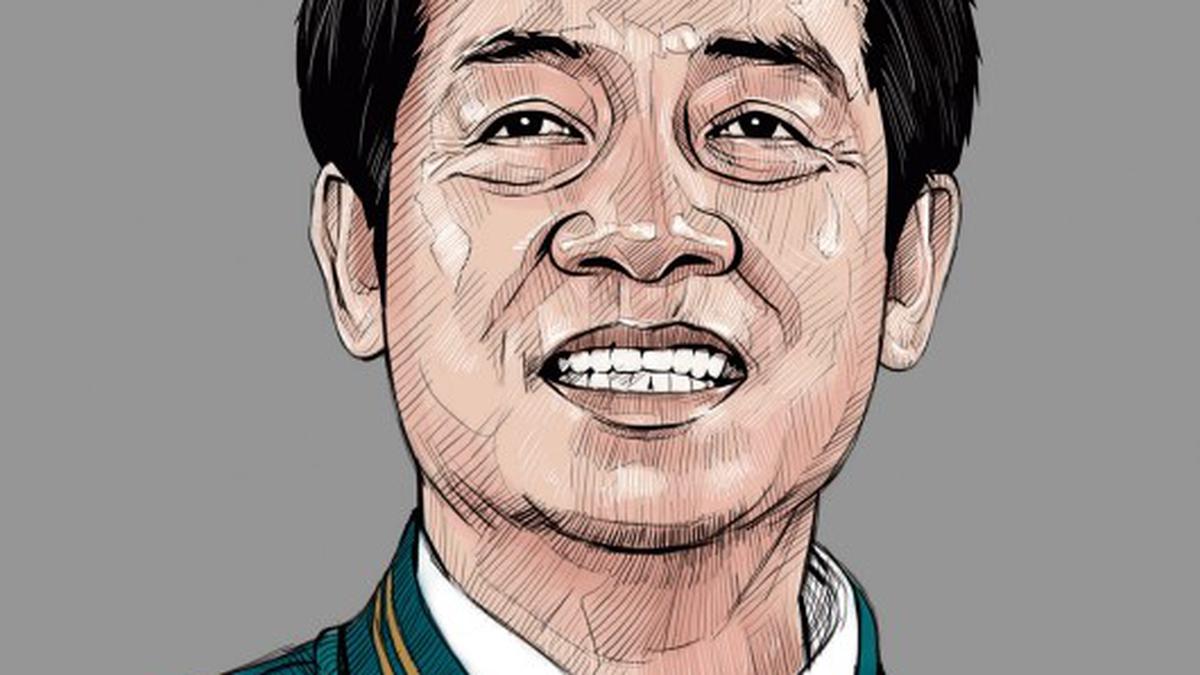
William Lai | Taiwan’s wild card Premium
The Hindu
China warns against choosing Lai Ching-te as Taiwan's next President, while Lai aims to balance relationships with China and the US.
China called him a ‘troublemaker’, a ‘dangerous separatist’ who is opposed to the ‘peaceful re-unification’ of Taiwan with the mainland. Warships, aircraft and balloons were sent as warning signs. The people of Taiwan were warned against choosing him in the Presidential elections.
Meet Lai Ching-te, or William Lai — leader of the Democratic Progressive Party (DPP), and come May, the self-ruled island’s next President. When asked last year who his desired dinner guest was, among all global leaders, Mr. Lai chose Xi Jinping, China’s President. What he would tell Xi at the dinner? “Chill out”, and “do not put everyone under so much pressure”.
China has a noted antipathy for the DPP politician: in 2017, Mr. Lai declared he was a “pragmatic worker” for Taiwan’s formal independence, opposing Beijing’s claims over the island.
On January 13, Mr. Lai claimed victory, receiving 40% of the vote in a historic election. “The election has shown the world the commitment of the Taiwanese people to democracy,” the 64-year-old said at a victory rally, a sentiment he hopes “China can understand”.
Mr. Lai is seen as “soft-spoken”, “polite”, “compassionate”; but also “firm”, “aggressive” and “stubborn”. Between these extremes sits Mr. Lai, his new office at the centre of a seven-decade-long international rivalry. The choices he makes will determine the status quo between the U.S. and China, China and Taiwan, and Taiwan and the world.
Mr. Lai never started out to be a politician — that is until 1996, when China fired missiles into the waters around Taiwan, triggering a military crisis.
His first choice was to become a doctor. He studied medicine at the National Taiwan University, did a master’s in public health at Harvard University, specialising in spinal cord injuries. Mr. Lai was a new doctor in the southern city of Tainan, when Taiwan was about to hold its first free presidential elections. The year 1996 was his “defining moment”. “...I had a duty to participate in Taiwan’s democracy and help protect this fledgling experiment from those who wished it harm,” he wrote last year in The Wall Street Journal.











